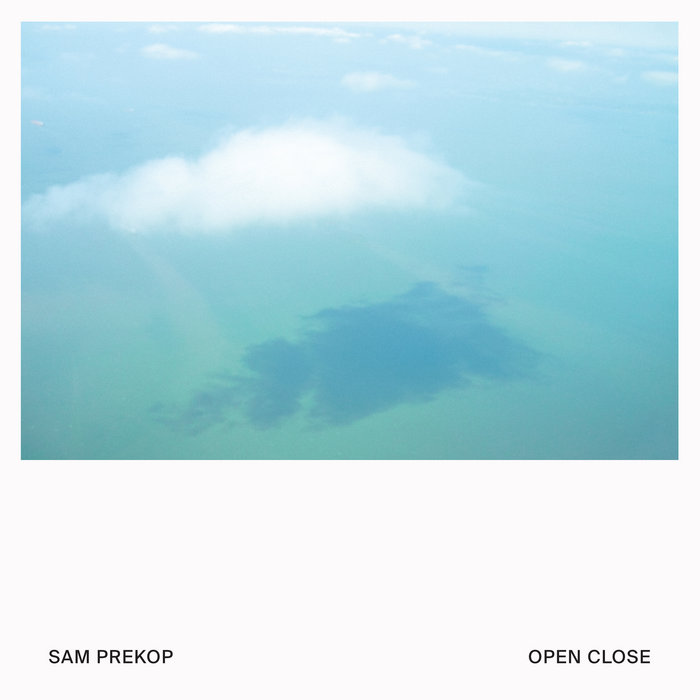Modular synth-based music, once the domain of acid-fried German hippies, and, later, burnt-out basement noise freaks, has morphed into something unrecognizable. In a context in which background music for studying and sleeping holds the most streaming capital, and yuppies are increasingly seeking new-agey balms to protect themselves from the ravages of internet culture, it’s difficult to shake the feeling that synth music has become yet another cog in the content mill, a test run for artists to shill gear or soundtrack Stranger Things rip-offs. In other words, it’s a peculiar time for Sam Prekop to transition into the modular synth world.
Prekop, best known as the vocalist and guitarist for Chicago indie rock stalwarts The Sea and Cake, has never shown much interest in riding any kind of trend. His music has always been forward-thinking and bustling with ideas, but also marked by a languid, unhurried energy, and there’s never been any other band with that kind of sound. As interesting as it is that Prekop’s shift in trajectory has coincided with the synthfluenzer era, all of the work he’s done within the medium has been consistent with his creative ethos. His lethargic sensibilities are still present, and it makes more sense than one might expect that parts of his latest album Open Close came out of preparing for live collaborations with Laraaji. While the record isn’t exactly blissed-out chakra bait, it does feel very content with itself.
The techno influences that marked previous releases such as Comma and his John McEntire duo Sons Of are very much still present on Open Close, but the record feels much more pulse-driven than beat-driven, and lacks the bright, colorful world-in-motion feeling those records evoke. In comparison, Open Close sometimes feels more closed than open, a flatter landscape of white and gray than sun-speckled blue and green. The music expresses no underlying desire to do anything particularly ambitious or against the grain, and even by the standards of Prekop’s perennially chill disposition, Open Close is remarkably sedate.
This approach does run the risk of fading into the background, and as reductive as it is to call any ambient album boring, tracks such as ‘Light Shadow’ come dangerously close to feeling like hotel lobby music. This being said, the meditative nature of Open Close gives Prekop space to explore a more tactile approach, when Prekop leans into choppier, more complex textures on the title track and ‘Para’, the record comes closest to feeling fully realised. As a whole, Open Close feels like the beginning of a transition from the ambient techno of Prekop’s previous two releases into something more static and exploratory, and if this is the case, it would be an interesting and fruitful new direction.


